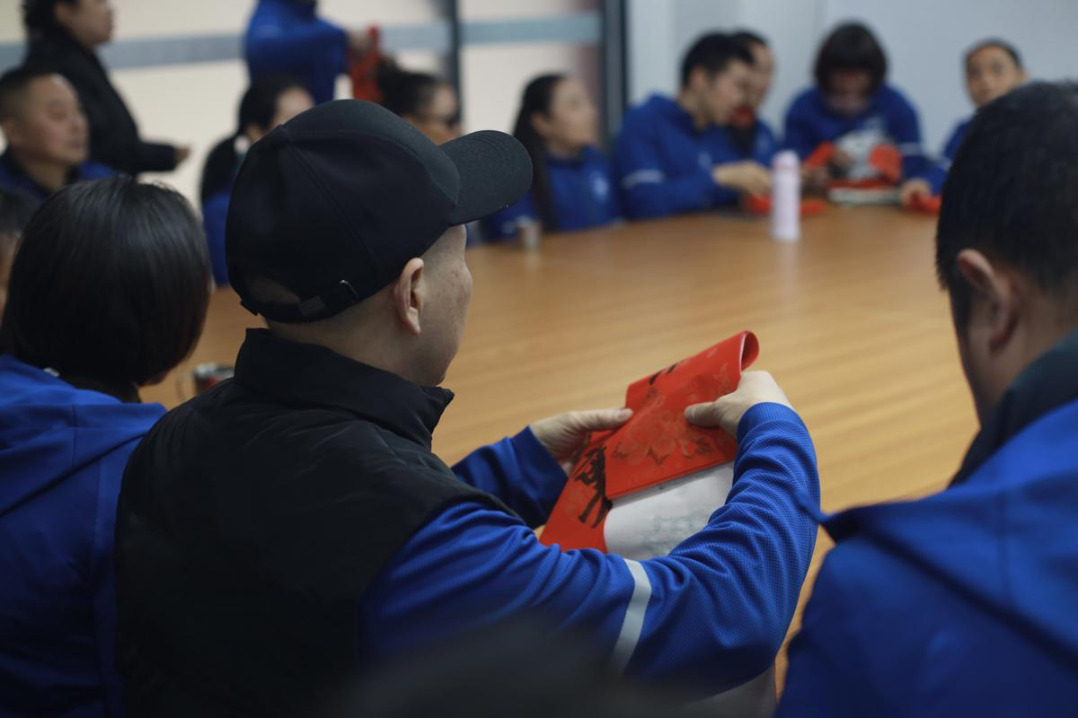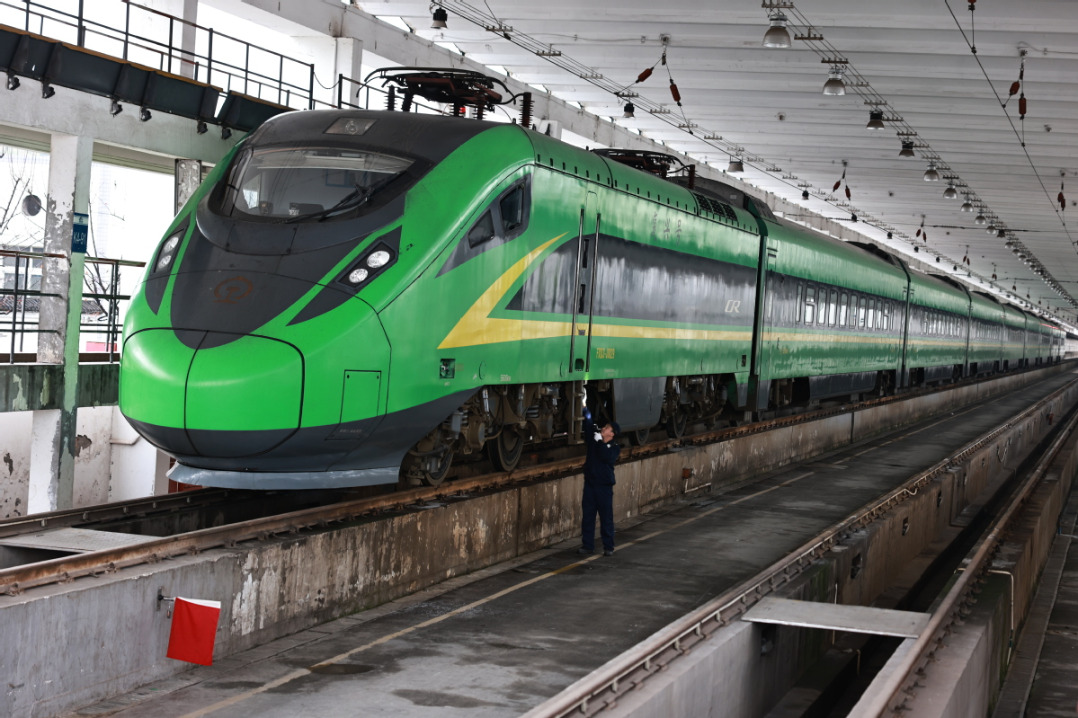China committed to global advancement of new technology in navigation

More than 300 professionals from China and abroad gathered in Beijing on Tuesday for the 2024 World Conference of the International Federation of Navigation, focusing on the expansion of navigation applications.
Hosted by the China Navigation Society, the event aimed to explore the integration of navigation, communication and remote sensing technologies.
Cen Yanqing, head of the International Cooperation Department of the Ministry of Transport, emphasized China's commitment to promoting innovation in navigation. He noted that China has become the nation with the largest shipping infrastructure, the highest volume of goods transported by sea and one of the largest fleets globally.
Cen highlighted that advancements in navigation technology are essential for driving the development of smart transportation. He pointed out that new technologies — such as big data, the internet and artificial intelligence — are deeply integrating into the transportation sector, turning the vision of smart transportation into reality.
He Jianzhong, chairman of the China Navigation Society, discussed how innovation in navigation technology will focus on smart solutions, high-precision positioning, multimodal interaction and deep integration with autonomous driving. This progress aims to provide more precise, intuitive navigation guidance and personalized services, ultimately transforming production and lifestyle.
Luo Hui, head of the International Communication Department at the Chinese Association for Science and Technology, stressed the need for enhanced collaboration in the global maritime industry to pool resources for navigation technology innovation and promote knowledge sharing.
The conference also showcased recent achievements in China's navigation technology, including the successful launch of the 59th and 60th BeiDou navigation satellites in September. These satellites enhance the reliability and service capabilities of the BeiDou system, which now serves over 1 billion users and has established compatibility with other global satellite navigation systems.
Experts from China and various countries shared insights on the latest developments in autonomous navigation and marine education, signaling a collaborative effort to advance navigation technology for a smarter, more connected future.
- Xi calls for advancing ties with Grenada
- Beijing offers foreign travelers greater convenience
- National skiing challenge opens in Shandong
- Police crack down on food, drug, environment, and IP rights offenses
- Ministry plans to approve 14 new higher education institutions
- Ice terracotta warrior sculptures wow at Harbin Ice and Snow World





































